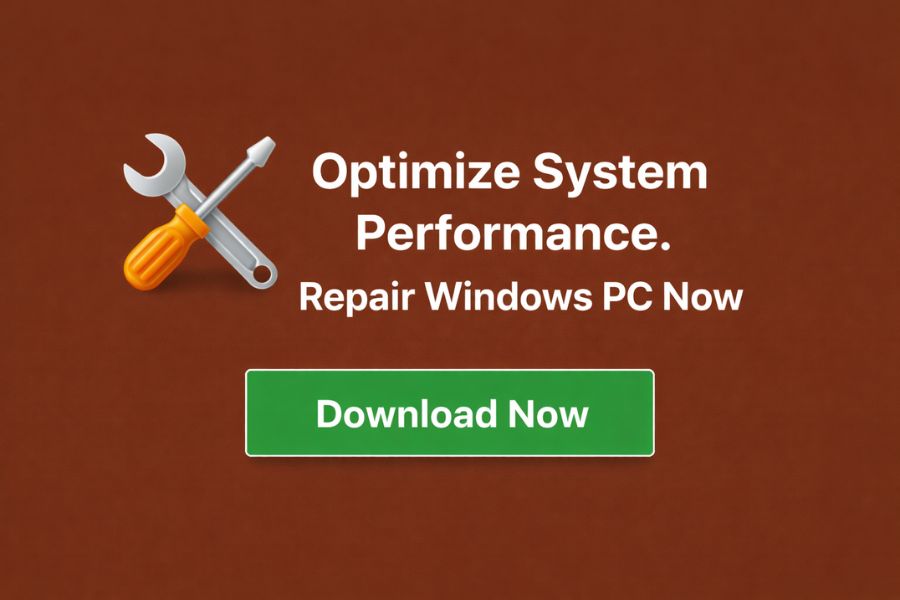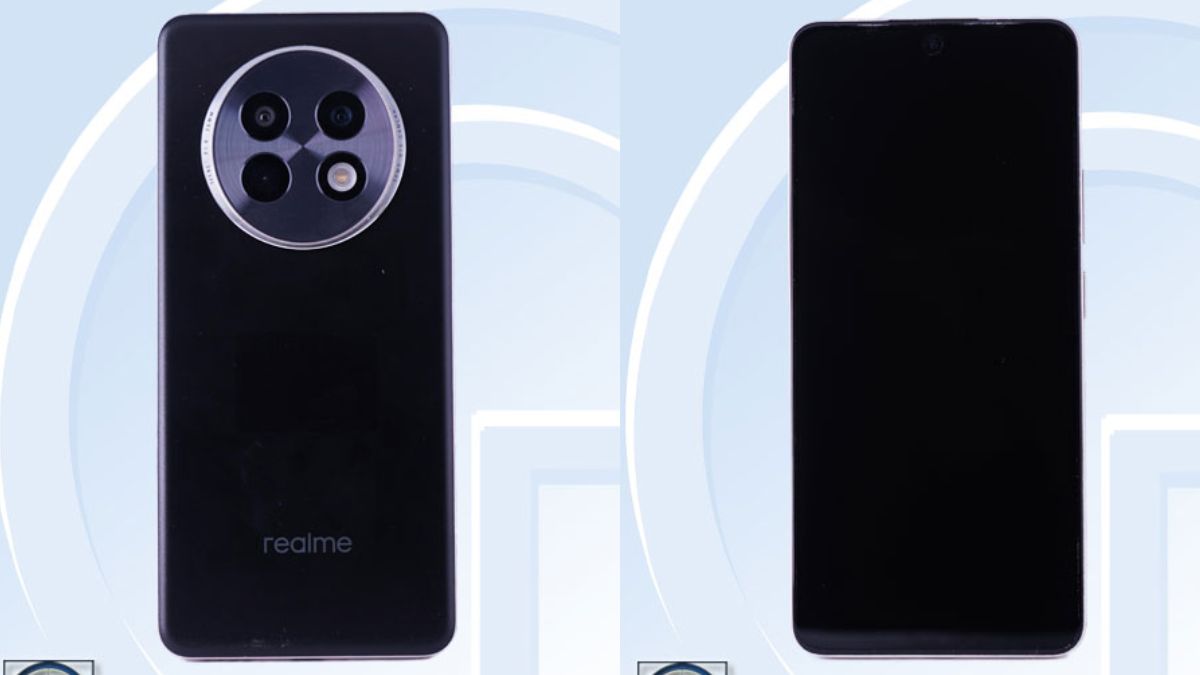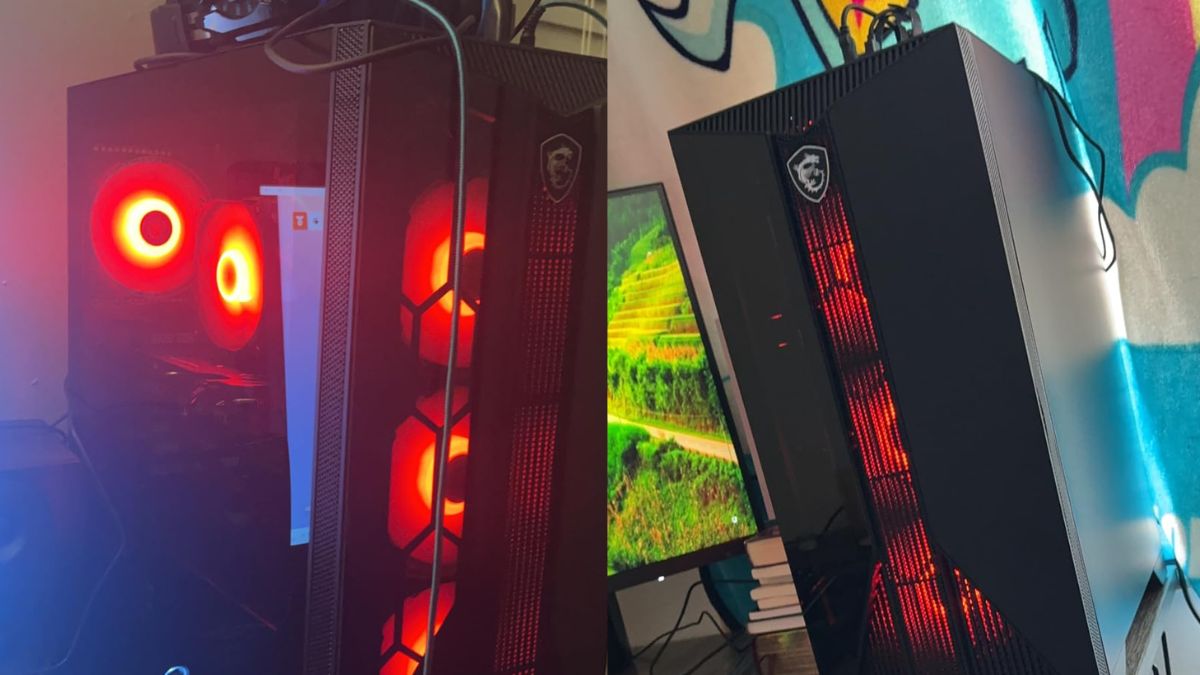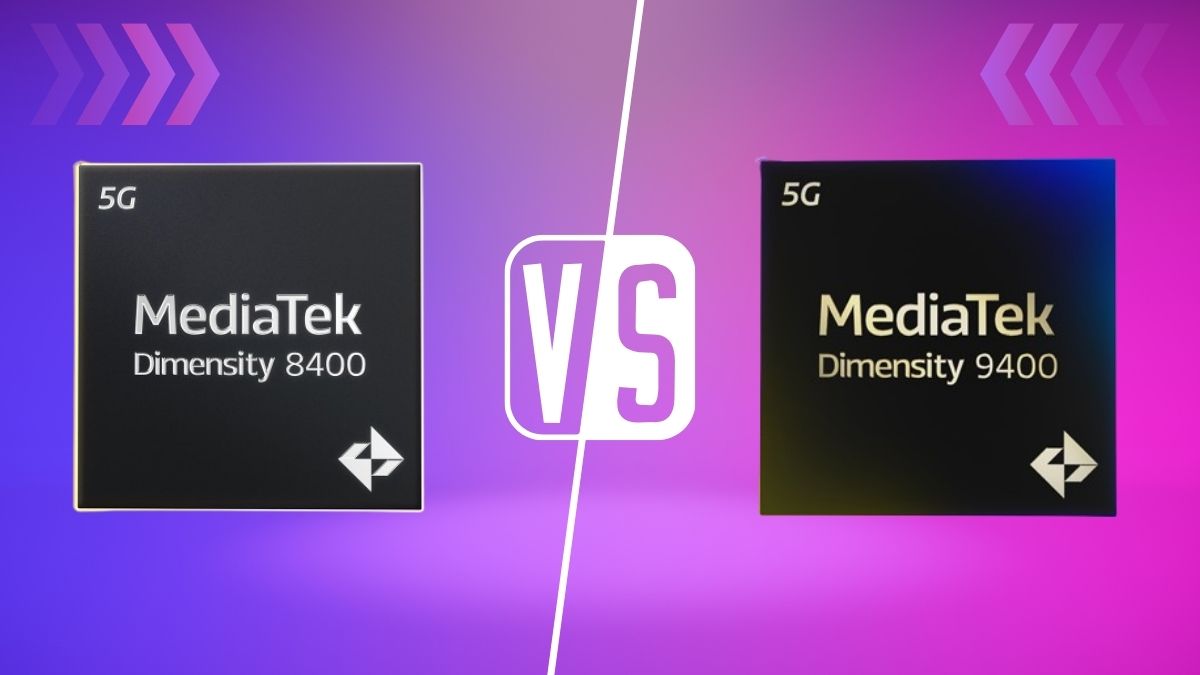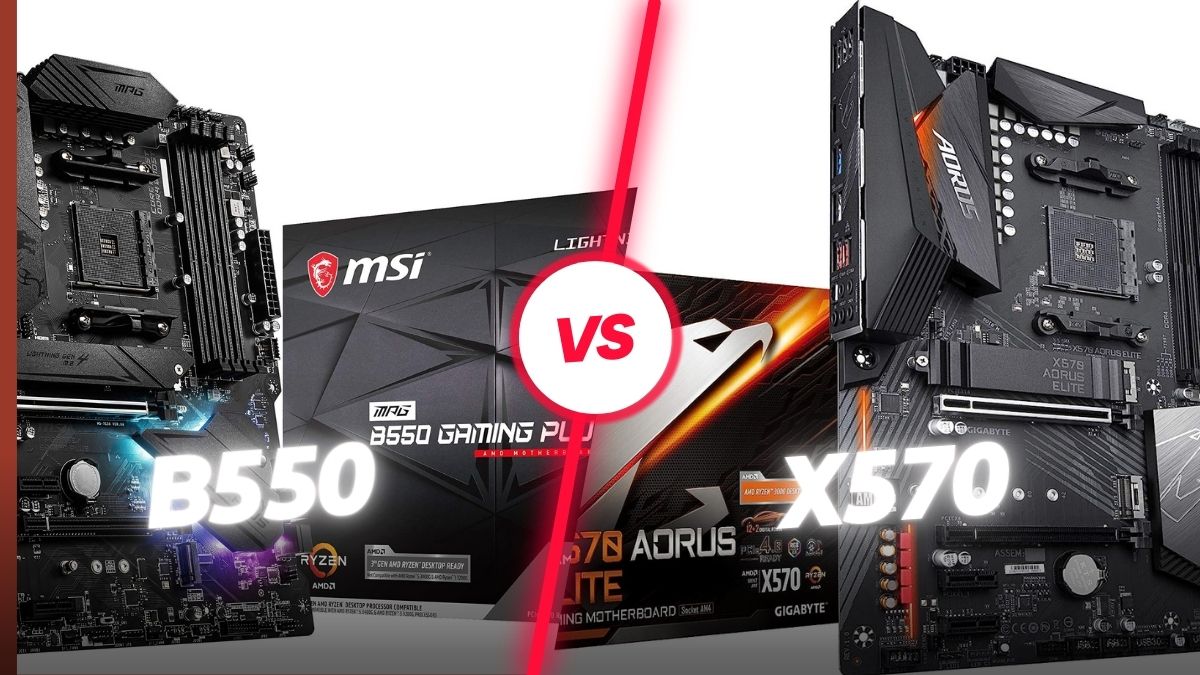
The B550 and X570 chipsets are two popular options for AMD Ryzen-based motherboards, offering a range of features and performance levels to cater to different user needs. Both chipsets provide compatibility with AMD’s Ryzen processors, but they do have some differences that set them apart. In this introduction, we will explore the key features and benefits of the B550 and X570 chipsets, helping you understand their capabilities and make an informed decision for your PC build.
The B550 chipset is a more recent addition to AMD’s lineup, offering an affordable option for gamers and PC enthusiasts. It provides solid performance and support for the latest Ryzen processors, making it an excellent choice for mid-range to high-end builds. With its cost-effective nature, the B550 chipset aims to strike a balance between performance and affordability.
On the other hand, the X570 chipset is considered the flagship offering from AMD, catering to demanding users who require the utmost performance and features. It is designed to fully leverage the capabilities of high-end Ryzen processors and offers extensive support for cutting-edge technologies. With its premium feature set, the X570 chipset caters to enthusiasts, content creators, and gamers who want the best performance and compatibility options available.
In this comparison, we will explore the key differences between the B550 and X570 chipsets, helping you make an informed decision based on your specific requirements and budget.
B550 vs X570 – Comprehensive Comparison
Let’s compare B550 vs X570 side by side with an in-depth comparison updated in 2025:
| B550 Chipset | X570 Chipset | |
| CPU Chipset Uplink | PCIe Gen 3 | PCIe Gen 4 |
| Overclocking | Yes | Yes |
| CPU Graphics Support | x16 PCIe Gen 4 | x16 PCIe Gen 4 |
| CPU Storage Support | PCIe Gen 4 | PCIe Gen 4 |
| Ryzen 2000 Series | No | Yes |
| Ryzen 3000 Series | Yes | Yes |
| Ryzen 5000 Series | Yes | Yes |
| Dual Graphics Support | Yes | Yes |
| Release Date | June 16, 2020 | July, 2019 |
PCIe 4.0 Support
One of the key differences between B550 and X570 is their support for PCIe 4.0. PCIe 4.0 is the latest generation of the PCI Express interface, offering double the bandwidth of PCIe 3.0. This increased bandwidth enables faster data transfer speeds for compatible devices, such as high-speed NVMe SSDs and PCIe 4.0 graphics cards.
In terms of PCIe 4.0 support, the X570 chipset outshines the B550 chipset. X570 supports PCIe 4.0 on all PCIe slots, including the primary PCIe x16 slot for the graphics card and M.2 slots for high-speed storage. This makes X570 ideal for users who require maximum performance and want to take full advantage of the PCIe 4.0 capabilities.
On the other hand, B550 supports PCIe 4.0 on the primary PCIe x16 slot and the primary M.2 slot, but the remaining PCIe slots operate at PCIe 3.0 speeds. While this limitation might not be an issue for most users, it’s important to consider if you have specific needs for multiple PCIe 4.0 devices.
Power Delivery and Overclocking
Power delivery is crucial when it comes to stable performance, especially for users who are interested in overclocking their CPUs. Generally, X570 motherboards offer more robust power delivery systems compared to B550 motherboards. This is due to the higher power demands of the X570 chipset itself and the need to support full PCIe 4.0 capabilities.
X570 motherboards often feature better VRM (Voltage Regulator Module) designs with more phases, higher-quality components, and larger heatsinks to ensure stable power delivery, even under heavy loads. This makes X570 more suitable for demanding overclocking scenarios and for use with high-end Ryzen processors, such as the Ryzen 9 series.
However, it’s worth noting that high-end B550 motherboards can still provide adequate power delivery for moderate overclocking, especially for mid-range Ryzen processors like the Ryzen 5 or Ryzen 7 series.
USB Ports and Connectivity
Both B550 and X570 motherboards offer a similar range of USB ports and connectivity options. They typically include USB 3.2 Gen 2 (10 Gbps) ports, USB 3.2 Gen 1 (5 Gbps) ports, and USB 2.0 ports for various peripherals and devices.
The number and configuration of USB ports may vary depending on the specific motherboard model, so it’s important to check the specifications of the motherboard you are interested in to ensure it has the desired number and type of USB ports to meet your needs.
In terms of connectivity, both B550 and X570 motherboards support Gigabit Ethernet, which provides high-speed wired internet connectivity. They also often feature built-in Wi-Fi options, although the availability of Wi-Fi support may vary depending on the specific motherboard model.
Memory Support
Both B550 and X570 chipsets support dual-channel DDR4 memory, allowing for high-speed and efficient memory configurations. The memory support, including speed and capacity, is primarily dependent on the motherboard manufacturer’s specifications rather than the chipset itself.
High-end B550 and X570 motherboards typically offer support for higher memory speeds, ranging from DDR4-3200 to DDR4-5000 and beyond, depending on the specific motherboard model and its BIOS capabilities.
When considering memory support, it’s important to check the Qualified Vendor List (QVL) provided by the motherboard manufacturer to ensure compatibility with the specific memory modules you plan to use.
PCIe Lane Configuration
Another difference between B550 and X570 is the number of available PCIe lanes. PCIe lanes are the data pathways that connect various components to the CPU, such as graphics cards, storage devices, and expansion cards.
X570 generally provides more PCIe lanes compared to B550, making it a more suitable choice if you plan to utilize multiple expansion cards simultaneously, such as multiple graphics cards or additional PCIe-based storage devices.
However, it’s important to note that the specific PCIe lane configuration can vary among motherboard models, even within the same chipset. Some B550 motherboards may offer more PCIe lanes than others, depending on their design and feature set.
SATA and M.2 Storage
Both B550 and X570 support SATA (Serial ATA) and M.2 storage options for connecting hard drives and solid-state drives. SATA is a standard interface for traditional HDDs and SATA SSDs, while M.2 provides a faster and more compact form factor for NVMe SSDs.
In terms of SATA support, both B550 and X570 generally offer six SATA III (6 Gbps) ports, allowing for multiple SATA storage devices to be connected. This provides ample support for traditional storage solutions.
For M.2 storage, both B550 and X570 support M.2 slots for high-speed NVMe SSDs. However, the specific number and configuration of M.2 slots can vary depending on the motherboard model. Some high-end X570 motherboards may offer more M.2 slots or additional features like heatsinks for better thermal performance.
Wi-Fi 6 and 2.5G LAN
While not exclusive to either B550 or X570, it’s worth mentioning that some high-end motherboards within both chipsets offer advanced connectivity options like Wi-Fi 6 (802.11ax) and 2.5 Gigabit Ethernet LAN. These features can provide faster wireless internet speeds and wired network connectivity, respectively, for users who require the best possible network performance.
It’s important to note that the availability of Wi-Fi 6 and 2.5G LAN varies among motherboard models within each chipset. If these features are important to you, make sure to check the specifications of the motherboard you are considering.
Future Compatibility
When considering future compatibility, the X570 chipset may have a slight advantage due to its full support for PCIe 4.0 on all slots. PCIe 4.0 is still relatively new, but as more devices adopt this technology, having full PCIe 4.0 support can offer improved performance and compatibility for future upgrades.
B550, while limited to PCIe 4.0 support on specific slots, still provides excellent compatibility and performance for current and upcoming Ryzen processors. The B550 chipset is expected to support future CPU generations from AMD, although it’s worth noting that specific features and support may vary depending on the motherboard manufacturer’s BIOS updates.
Cooling and Heat Dissipation
Both B550 and X570 motherboards often feature adequate cooling solutions to ensure stable operation and prevent overheating. These cooling solutions can include heatsinks, heat pipes, and fans, depending on the motherboard model.
It’s important to consider the cooling capabilities of the specific motherboard you choose, especially if you plan on overclocking or using high-power components. High-end X570 motherboards often have more robust cooling solutions due to their higher power requirements and PCIe 4.0 support.
In contrast, B550 motherboards may have slightly less elaborate cooling setups, but they should still provide sufficient cooling for most users, especially those not pushing their hardware to extreme limits.
Price
Price is an important consideration for many users when choosing a motherboard. Generally, B550 motherboards are more budget-friendly compared to X570 motherboards. The X570 chipset’s higher-end features, such as full PCIe 4.0 support and robust power delivery systems, contribute to its higher price tag.
If you are on a tight budget or don’t require all the advanced features of the X570 chipset, a B550 motherboard can be a cost-effective option. It still offers excellent performance and support for Ryzen processors, making it a popular choice for mid-range gaming builds.
Frequently Asked Questions (FAQs)
What processors are compatible with the B550 and X570 chipsets?
Both the B550 and X570 chipsets are designed for AMD Ryzen processors, including the Ryzen 3000 series and the newer Ryzen 5000 series. However, it’s essential to check the specific motherboard manufacturer’s compatibility list to ensure compatibility with your desired processor.
Can I use PCIe 4.0 devices with a B550 motherboard?
B550 motherboards support PCIe 4.0 on the primary PCIe x16 slot and the primary M.2 slot. The remaining PCIe slots operate at PCIe 3.0 speeds. So, while you can use PCIe 4.0 devices with a B550 motherboard, their operation will be limited to the supported slots.
Can I overclock my CPU with a B550 motherboard?
Yes, B550 motherboards support CPU overclocking. While they may not have as robust power delivery systems as X570 motherboards, they can still handle moderate overclocking for improved performance.
Are B550 and X570 motherboards compatible with older Ryzen processors?
B550 and X570 motherboards are primarily designed for the Ryzen 3000 series and newer processors. However, some motherboard manufacturers may release BIOS updates to add compatibility with older Ryzen CPUs. It’s important to check the specific motherboard manufacturer’s compatibility list for detailed information.
Which chipset is better for gaming?
Both the B550 and X570 chipsets offer excellent performance for gaming. If you are on a budget, a B550 motherboard can be a suitable choice, providing good gaming performance and compatibility with Ryzen processors. However, if you want the highest performance and advanced features, the X570 chipset with its full PCIe 4.0 support may be a better option.
Are B550 and X570 motherboards future-proof?
Both B550 and X570 motherboards provide a solid foundation for future upgrades. While the X570 chipset offers full PCIe 4.0 support on all slots, the B550 chipset still offers excellent compatibility and performance for current and upcoming Ryzen processors. It’s always a good idea to check for BIOS updates from the motherboard manufacturer to ensure continued compatibility with future CPU generations.
The Verdict
In summary, the choice between B550 and X570 depends on your specific needs, budget, and future upgrade plans. Here are some key points to consider:
- Choose X570 if you require full PCIe 4.0 support on all slots and want maximum performance with advanced features. This is particularly important for users who plan to use multiple PCIe 4.0 devices simultaneously.
- Opt for B550 if you want a more budget-friendly option without sacrificing too much in terms of performance. B550 still provides excellent compatibility and performance for current and upcoming Ryzen processors, with limited PCIe 4.0 support on specific slots.
- Consider X570 if you have demanding overclocking needs or require a robust power delivery system for high-end Ryzen processors.
- If you don’t plan on heavy overclocking or utilizing PCIe 4.0 on all slots, a high-quality B550 motherboard can offer good power delivery and performance at a lower price point.
- Check the specifications of the specific motherboard models you are interested in to ensure they meet your requirements in terms of USB ports, connectivity options, memory support, storage options, and other features.
Ultimately, both B550 and X570 chipsets provide excellent options for AMD Ryzen processors, and your choice will depend on your specific needs, budget, and desired feature set.


